CDMA VS GSM: WHAT'S THE DIFFERENCE
The next day, when you take them to the store, the employee working the counter informs you that only one of the phones you bought your children can come onto the plan. They start rambling off things like 'CDMA vs GSM' and 'bandwidth compatibility'. Meanwhile, your kids are at war deciding who gets the working phone, and you're about two seconds from exploding onto the cashier for ruining an otherwise perfect Christmas gift.
Pause. Take a deep breath.
The difference between CDMA and GSM can seem like a minor thing when you're browsing for phones, but not taking that difference into account can lead to situations like the one above. Here's what each of those abbreviations means, and which carriers typically use each one.
CDMA vs GSM: What Are They?
CDMA (code division multiple access) and GSM (global system for mobiles) are, in simplest terms, different bandwidths of cellular service.
Are you already lost? That's understandable. Let's break it down a bit further.
Cellular Bandwidth? What's That?
Cellular bandwidth refers to the bands of the cell signal spectrum that your cell phone has access to. Not every phone is compatible with every cellular signal on the planet, after all. Some of that is by design since if a phone were able to pick up every cellular signal, it might not be able to prioritize which band to use.
There are many different levels of bandwidth, though most people will know only about the second generation (2G), third generation (3G), fourth generation (4G), long term evolution (LTE), and the new and upcoming fifth generation (5G).
So, What's the Difference?
The difference between CDMA vs GSM is a holdover from the earlier days of cell phone technology and as such, it's on its way out. However, until the only phones on the market are the ones made to the new standard, it's important to know the difference.
Back in the days of 2G and 3G bandwidth, when mobile broadband data (or how we use the internet on our phones) was a new concept, holding a phone call and processing data at the same time was extremely difficult. Only one of the two phone bands, GSM, could handle processing a call and data. CDMA could not do that.
Notably, GSM phones used a SIM card to communicate with their network, whereas older CDMA devices communicated with the network without the need for a SIM card.
With the advent of LTE communications technology, being able to stay on the phone with someone and browse the internet became a daily fact, rather than a luxury only afforded to certain phone bands.
However, not all people live in places with access to LTE. Strange as it may seem, there are many pockets of America where phone signal is incredibly weak, or even nonexistent. As such, you need phones capable of connecting to those particular bands of cellular signal, and those phones need to be optimized for either CDMA or GSM band use.
Which Networks Use Which Band?
Knowing which bands your phone uses is important not only for buying phones but for selling them as well. The last thing you'd want is to sell your phone to someone, only to have them get angry with you when it doesn't work on their network.
So, how do you know which bands your phone uses? Fortunately, the network on which you purchased the device is a pretty good indicator.
Which Networks Use CDMA?
Of the two options, this phone band has the shorter list to its name. In the US, only Verizon, Sprint, and US Cellular use CDMA. That also means, however, that any smaller subsidiaries of these companies, such as Tracfone or Boost Mobile, also use the CDMA band.
Which Networks Use GSM?
The short answer is that every network which wasn't listed above as a CDMA network uses GSM. The longer answer would include AT&T, T-Mobile, and any of the many prepaid cellular providers under their umbrella.
Is There Any Cross-Compatibility?
The simple answer to this question is, no, GSM and CDMA phones are fundamentally incompatible on each other's networks. The more complex answer is that it depends, as some higher-end devices, even if only sold from one phone band company, still have the technology to read and interact with other bands.
iPhones and the Samsung Galaxy series, for instance, often have compatibility with every network, even if they were purchased on a limited one. However, that depends on the individual device and the network in question. You would need to check compatibility before you finalize your purchase.
You should also note that if you purchase a device that states it was "factory unlocked", or if you purchased it straight from the original manufacturer, it will typically be able to work with all existing phone bands. Be careful, though. Scammers have caught wise to this distinction, and may claim a device is factory unlocked when it isn't!
With All of That In Mind
Let's take a moment to review. CDMA and GSM are abbreviations held over from the early days of cell phone communications that nonetheless have a massive impact on our transactions today. CDMA is less common than GSM, and thus harder to bring to a different network than GSM. However, if you do enough research, you'll be able to tell the difference between CDMA vs GSM, and buy the right device for you.
If you now know whether you need a CDMA or GSM phone, and want to invest in an iPhone for yourself or your family this holiday season, we all at Certified Cell are happy to help you with all your iPhone needs. Happy Holidays!
